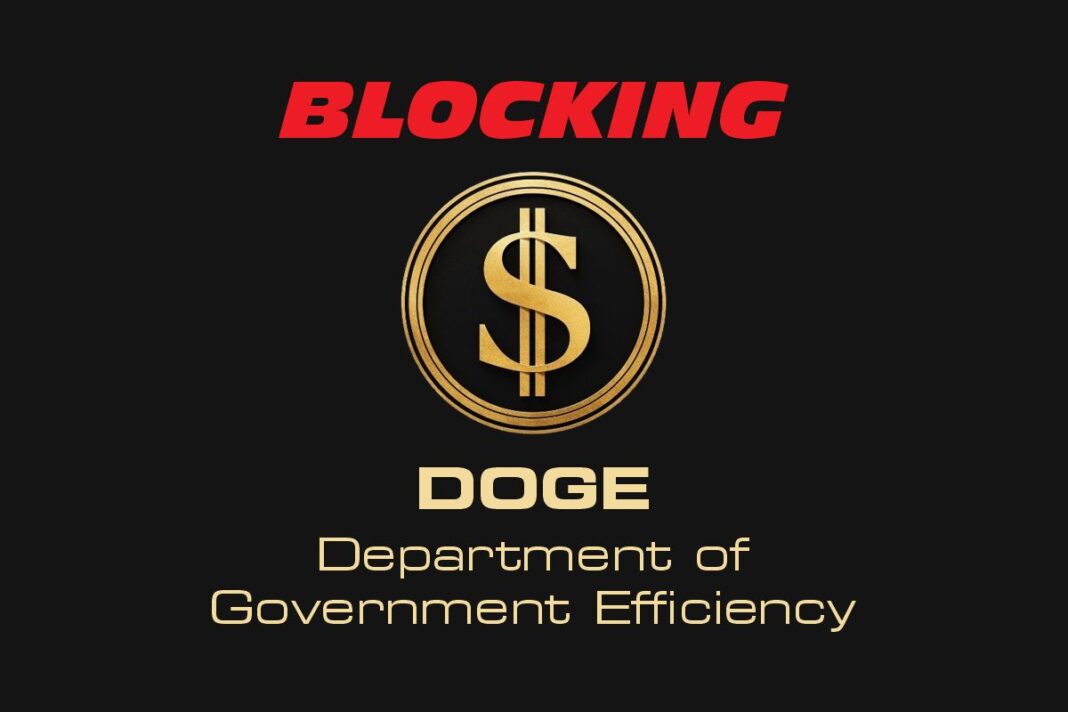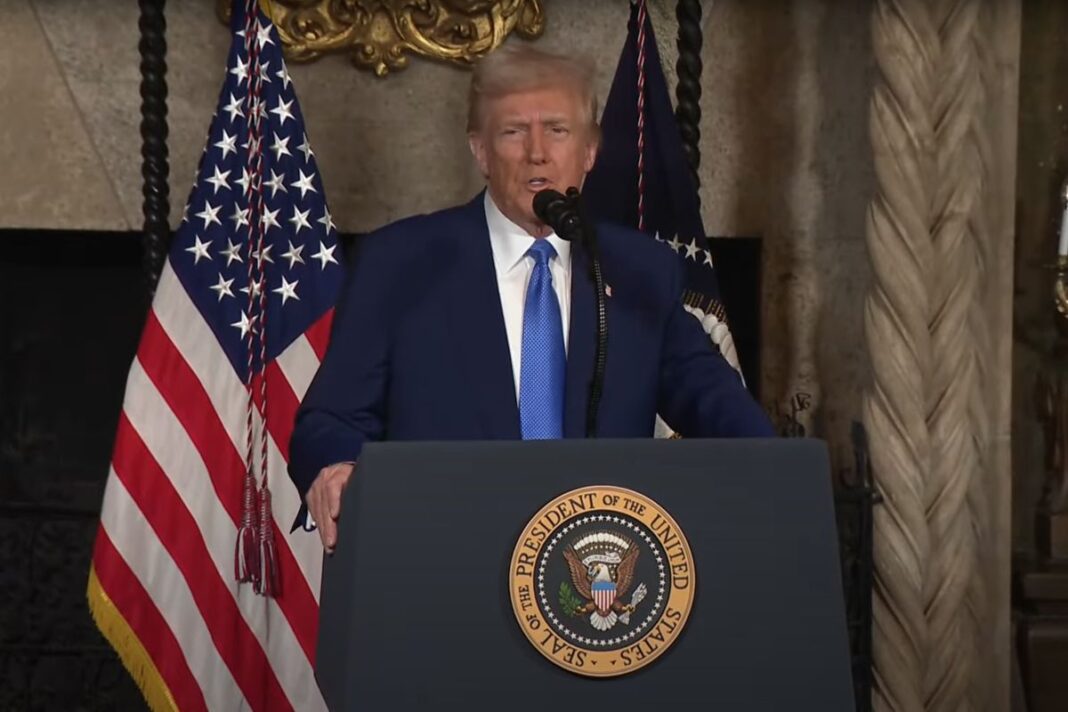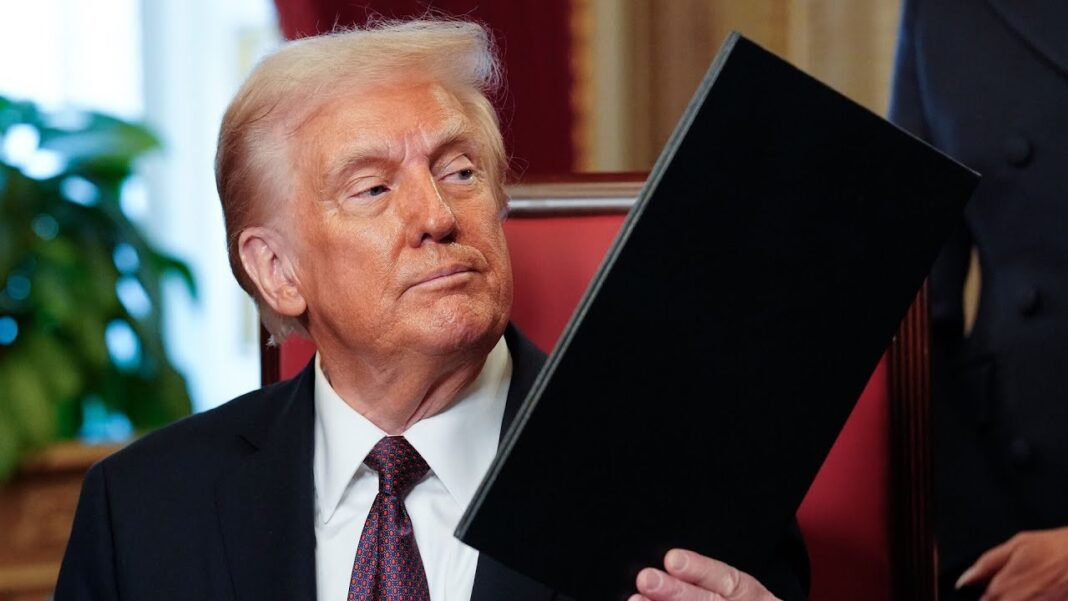A group of state attorneys general wanted the Department of Government Efficiency blocked from accessing government data as the case proceeds.
A federal judge on Feb. 18 turned down a request from a group of state attorneys general to block the Department of Government Efficiency (DOGE) from accessing data at seven government agencies, finding the states had not met the bar for relief.
“The court is aware that DOGE’s unpredictable actions have resulted in considerable uncertainty and confusion for Plaintiffs and many of their agencies and residents,” U.S. District Judge Tanya Chutkan wrote in a 10-page decision. “But the ‘possibility’ that defendants may take actions that irreparably harm plaintiffs ‘is not enough.’”
New Mexico and other states had asked Chutkan to block DOGE and Elon Musk, a special government employee, from accessing data at the Office of Personnel Management, the Department of Education, the Department of Labor, the Department of Health and Human Services, the Department of Energy, the Department of Transportation, and the Department of Commerce.
They also requested that the judge block Musk, DOGE, and people acting in concert with them from terminating workers within those agencies or placing them on leave.
The states said that Musk “is exercising unprecedented executive authority” in violation of the U.S. Constitution, “directing the agencies’ actions in ways that exceed even the authority of those agencies’ Senate confirmed leaders.”
“Evidence suggests that he has, and continues to, cut billions of dollars from agency budgets, fired agency personnel, and, in his words, ‘delete[d]’ entire agencies,” they said in the motion.
The states expressed concern that their residents’ data is at risk due to DOGE’s access to the data.
Government officials said in response that Musk is not a DOGE employee and does not have decision-making authority.
“Mr. Musk can only advise the President and communicate the President’s directives,” one told the court in a filing.
A party seeking a temporary restraining order must show they are likely to succeed on the merits in the case and would suffer irreparable harm absent relief, among other requirements.
Chutkan said the states have not met the harm standard, highlighting statements entered by the plaintiffs that say if Musk and DOGE take certain actions, then the states will suffer harm.







